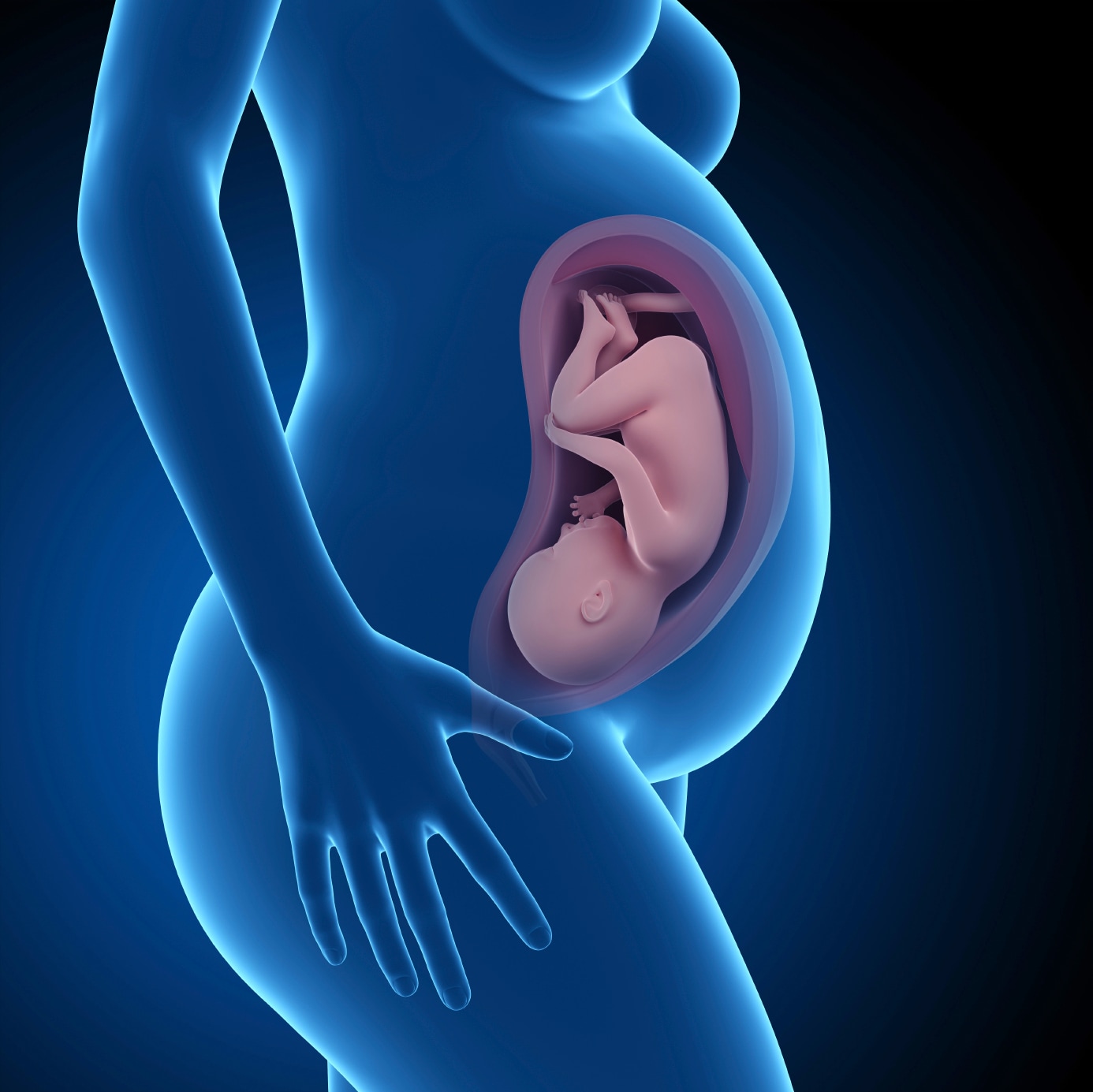Takeaway
- Higher anti-Müllerian hormone (AMH) concentration in follicular fluid (FF) is associated with improved odds of live birth after single embryo transfer (SET).
Why this matters
- This study supports and clarifies the link between high AMH levels and improved chance of pregnancy.
Key results
- AMH (OR, 1.134; P=.009), luteinising hormone (OR, 1.573; P=.000), and testosterone (OR 1.106, P=.041) levels were associated with odds of top-quality blastocysts, whereas follicle-stimulating hormone (OR, 0.631; P=.000) and androstenedione (OR, 0.936; P=.042) levels were inversely associated.
- FF AMH levels were associated with increased odds of live birth (OR, 1.934; P=.000).
- FF AMH levels had 91.2% sensitivity and 91.7% specificity for predicting live birth.
Study design
- 106 transferred embryos with matching FF samples were analysed for AMH and FSH levels and correlations with SET outcomes.
- Funding: National Science Centre of Poland.
Limitations
- Cross-sectional study design.
- Some patients with polycystic ovary syndrome were included, which may have biased the results.
References
References



